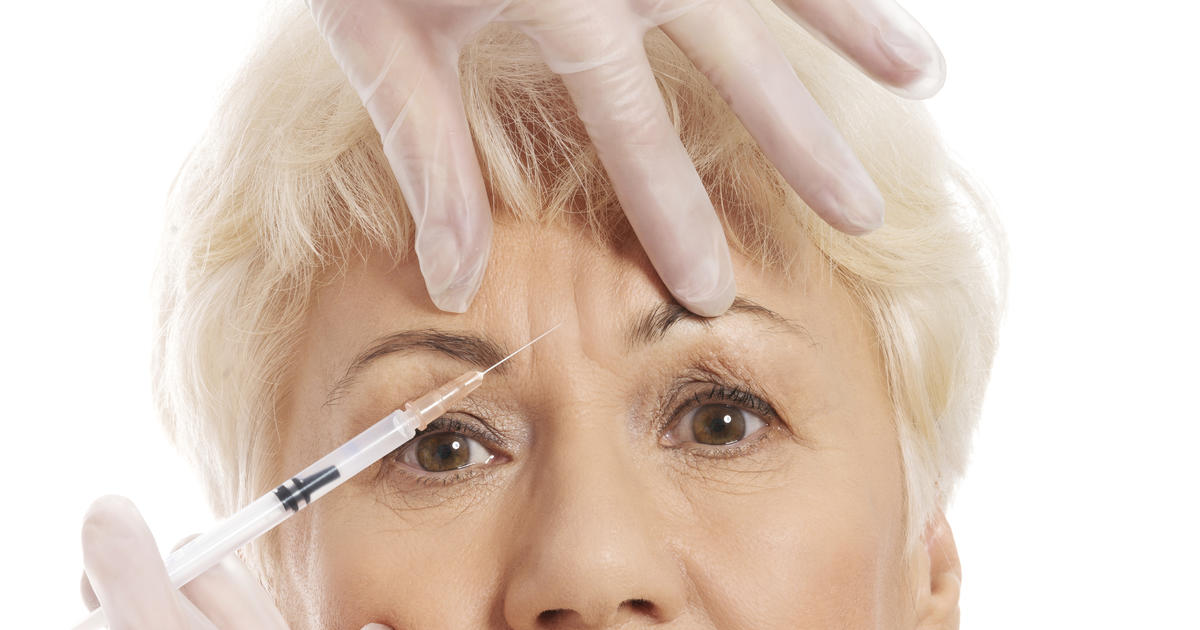
Botox shots, possibly counterfeit, linked to botulism-like illnesses

Doctors warn about popular cosmetic procedure called Barbie Botox
02:28
Federal officials are trying to determine the source of Botox injections — some of the shots potentially counterfeits — linked to an outbreak of botulism-like illnesses in several U.S. states.
The Food and Drug Administration told CBS MoneyWatch it is working with other federal and state agencies to identify the cause of an outbreak that has sickened at least six people in Illinois and Tennessee injected with the botulinum toxin.
The Tennessee Department of Health reported four people in the state had been stricken with botulism-like symptoms, including two hospitalized after getting possible counterfeit injections.
warning medical providers to be on the alert for patients with botulism after two people became ill and were hospitalized with symptoms including blurred vision, droopy face and difficulty breathing. Both received injections from a licensed nurse in LaSalle County who administered treatment without authorization.
The Centers for Disease Control and Prevention said the botulinum toxin injections — commonly called Botox —were done in “non-medical” settings, and “the sources of these botulinum toxin products are unknown or unverified.”
AbbVie and Allergan Aesthetics are the only authorized suppliers of Botox, and recent reports of potential botulism cases involved product “suspected to be counterfeit,” Allergen, the FDA-approved manufacturer of Botox told CBS MoneyWatch. “In partnership with public health authorities, we have confirmed the security of our Botox and Botox cosmetic supply chain as well as the safety, quality, and efficacy of all products we manufacture and distribute,” Allergan stated.
Approved for cosmetic use more than 20 years ago, Botox is a popular drug used to smooth wrinkles and look younger, with injections typically costing around $530, according to the American Society of Plastic Surgeons. The effects of a shot last three to four months on average, so additional shots are needed to remain wrinkle-free.
CBS News Miami Investigates: Here’s how to safely navigate plastic surgery
05:51
Botulism is a serious and sometimes fatal illness caused by a toxin that can be transmitted by food or result from untreated wounds, while infants can develop an intestinal form of the illness, according to the CDC.
So-called iatrogenic botulism is caused by excessive exposure to the botulinum toxin, although confirmed cases occurring after cosmetic or therapeutic injections are rare, according to health officials. Injections should involve an FDA-approved product administered by a licensed provider, health experts advise.
The FDA urged people experiencing adverse effects or health care providers receiving patients with adverse effects to report them to the FDA MedWatch reporting program.
Federal officials have previously cracked down on unregulated Botox and other cosmetic treatments. In 2023, U.S. Customs and Border Protection officers in Ohio intercepted such fillers that had been shipped from Bulgaria, China, Korea and Spain.
Kate Gibson
Source: cbsnews.com